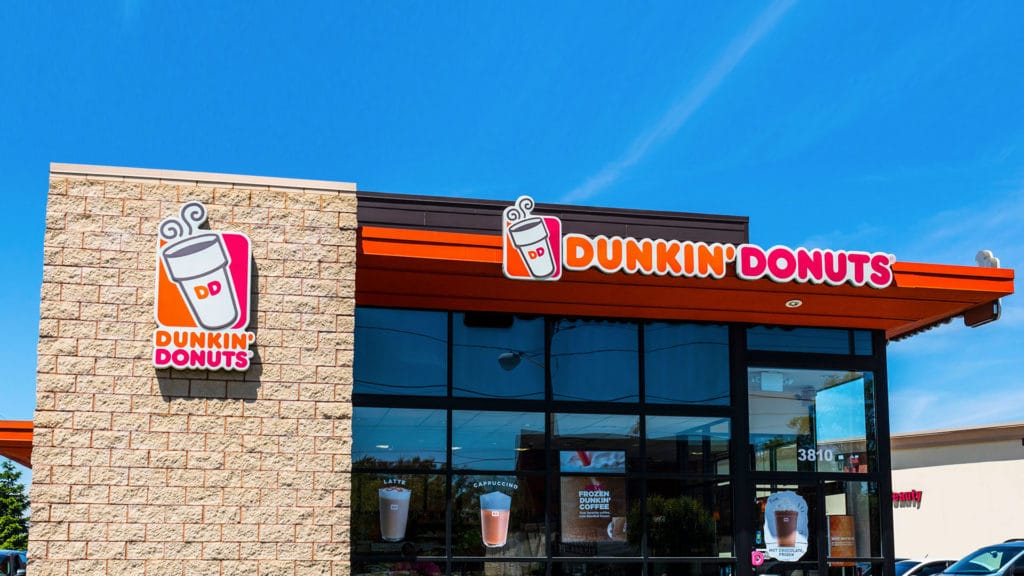
November Capital / May 30, 2023
The net lease industry plays a crucial role in commercial real estate investments, providing investors with stable cash flow and long-term leases. One key metric used to evaluate these investments is the capitalization rate, or cap rate, which measures the rate of return on a property based on its net operating income (NOI). This report aims to provide a general analysis of cap rates in the net lease industry for various retail tenants across America.
Cap rates serve as a benchmark for real estate investors to assess the relative value and risk associated with net lease investments. A lower cap rate implies higher demand and potentially higher property values, while a higher cap rate suggests lower demand or increased risk. It is important to note that cap rates can vary significantly based on factors such as location, tenant creditworthiness, lease term, property condition, and market conditions.
Cap Rates by Retail Tenant
Big Box Retailers
- Walmart: Cap rates for Walmart-occupied properties have historically ranged between 4% and 6%, reflecting their strong credit rating and stability as an anchor tenant.
- Target: Cap rates for Target-occupied properties typically range from 4.5% to 6.5%, with variations based on location and property characteristics.
- Costco: Cap rates for properties leased to Costco generally fall within the range of 4.5% to 6.5%, reflecting their popularity and stable business model.
Pharmacy Retailers
- CVS: Cap rates for CVS-occupied properties typically range between 4% and 7%, reflecting the stable income generated by long-term leases and the creditworthiness of the tenant.
- Walgreens: Cap rates for Walgreens-occupied properties typically range between 4% and 7%, similar to CVS, due to their strong credit rating and national presence.
Quick Service Restaurants (QSR)
- McDonald’s: Cap rates for properties leased to McDonald’s typically range from 4% to 6%, reflecting the company’s financial strength and established brand.
- Starbucks: Cap rates for Starbucks-occupied properties often range between 4% and 6%, reflecting their strong credit rating and consistent customer demand.
Automotive Retailers
- AutoZone: Cap rates for properties leased to AutoZone generally range between 4% and 7%, reflecting their stable business model and long-term leases.
- O’Reilly Auto Parts: Cap rates for O’Reilly Auto Parts-occupied properties typically range from 5.0% to 7.5%, reflecting the tenant’s creditworthiness and growth potential.
The net lease industry offers a variety of investment opportunities with different cap rates based on the retail tenant occupying the property. The cap rates provided in this report serve as a general guideline, and it is important to conduct thorough due diligence and consult with industry professionals before making investment decisions. Factors such as location, tenant creditworthiness, lease terms, and market conditions will significantly influence cap rates in any given transaction.




































































































 November Capital is dedicated to assisting clients in the acquisition and disposition of net leased retail, industrial, medical and office properties across the country. November Capital provides the highest level of service and attention to detail for our clients.
November Capital is dedicated to assisting clients in the acquisition and disposition of net leased retail, industrial, medical and office properties across the country. November Capital provides the highest level of service and attention to detail for our clients.